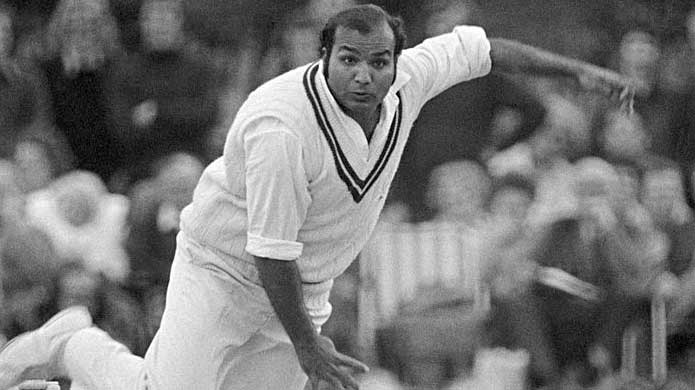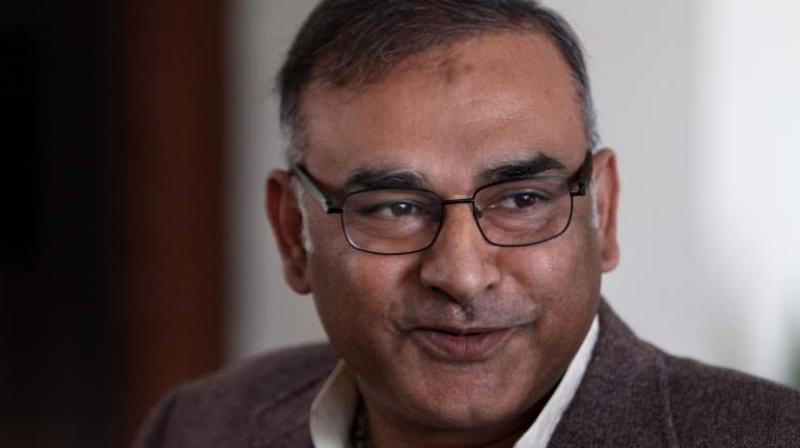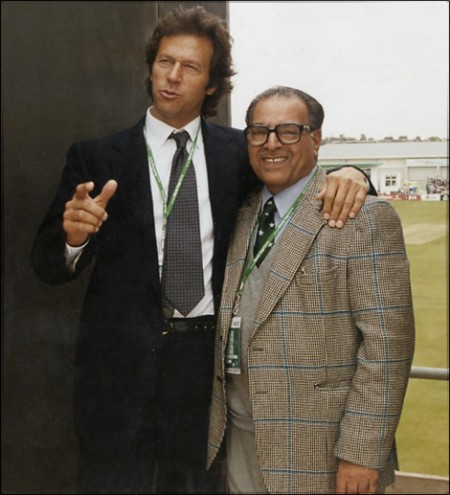Reliving Pakistan's cricketing history the Patari way

Patari recently featured interviews part of The Citizens Archive of Pakistan's Oral History Project.
LAHORE (Raacikh Asghar): It has been approximately two weeks since the Pakistan cricket fans took over the streets of London, celebrating Pakistan’s emphatic victory in the Champions Trophy final against arch rivals India. Following the ongoing cricket craze many companies, organizations and even pages on Facebook have hailed in with heartfelt audio and video tributes. Patari- Pakistan s largest local music streaming platform, recently released an album of interesting cricket tales recorded by the Citizens Archive of Pakistan (CAP) as part of their Oral History Project.
Titled “Cricket Stories”, the album consists of seven very different and candid interviews that take us down memory lane, revealing Pakistan Cricket’s unique secrets from our very own greats of the games.
“I am not playing for your team, I am playing for Pakistan”: Intikhab Alam
The first of the seven tracks named “getting selected in the cricket team”, Pakistan’s former spinner, Intikhab Alam illustrates how he got selected in the national team. According to Alam, it was the year 1958 when he first went to take part in his school’s cricket trials having taken his brother’s advice. Even though he bowled decently, Alam was ignored by the school’s selectors. Regarding those trials, the 75-year-old said that he started bowling and after about half an hour, the then captain of the national team, Abdul Hafeez Kardar, who came to practice in the nets following his lunch break, saw the young lad and was mightily impressed by his bowling. Kardar eventually called Alam and asked about his participation in the team. “I am sorry sir. I have not been selected in the team”, said Alam. To this Kardar replied: “You just come tomorrow and play for Pakistan.”

Former Pakistani skipper Intikhab Alam bowling
That is how the 16-year-old boy who intended to play for the combined school XI ended up getting selected for the national team! “I went to the National Stadium in Karachi. When my school fellows saw me they asked what you are doing here, you have not been selected for the team. I said that I am not playing for your team, I am playing for Pakistan. They couldn’t believe what they were hearing and probably got the shock of their lives!”
“Just play your natural game and you won’t fail”: Aamer Sohail
Former captain and left-handed opening batsman, Aamer Sohail, who recently made the news following his controversial statements over Sarfraz’s captaincy, was also interviewed by the Citizens Archive of Pakistan. In the 150-second long audio note, the 50-year-old shared his experience of the first ever match he saw live with his father. “My father took me to watch the match. After seeing the enthusiasm, I said okay I want to play this game, I want to pursue this game.”

Left handed batsman Aamer Sohail
He also shared his first-hand experience of playing in the final of the ’92 cricket World Cup and towards the end also gave advice to the youngsters trying to move up the ranks. “No matter which match you play, just play your natural game. Otherwise, you’ll never be successful.”
The birth of Urdu commentary: Munir Hussain
Narrating an interesting tale in one of the interviews, famous Urdu cricket commentator Munir Hussain tells the listeners exactly how he helped pioneer Urdu commentary in Pakistan. “I went to the commissioner of Karachi and asked that I wanted to talk to President Zia Ul Haq regarding Urdu commentary. He instructed me to go to the President directly and forward my queries to him.”
 World Cup winning captain Imran Khan (L) with Munir Hussain (R)
World Cup winning captain Imran Khan (L) with Munir Hussain (R)
“The president had never heard of anything quite like Urdu commentary. Confused by the idea, he told me to commentate in Urdu. I recited Allah’s name and began commentating in Urdu. Soon, Zia Ul Haq was so impressed by the idea that he even told me to permanently replace English commentary with that of Urdu! Eventually both English and Urdu commentary got equal share in both Pakistan radio and television.”
Posted below is Patari’s compilation:


